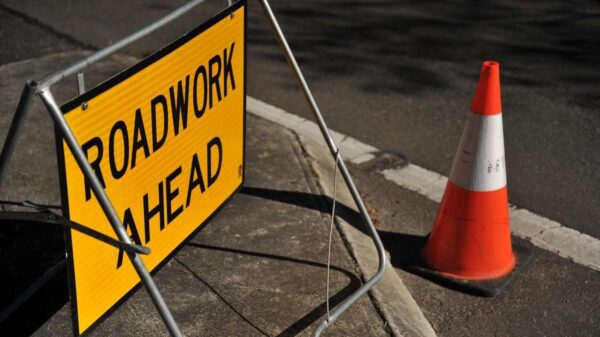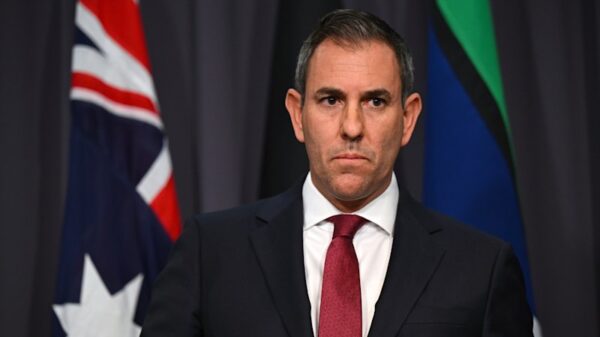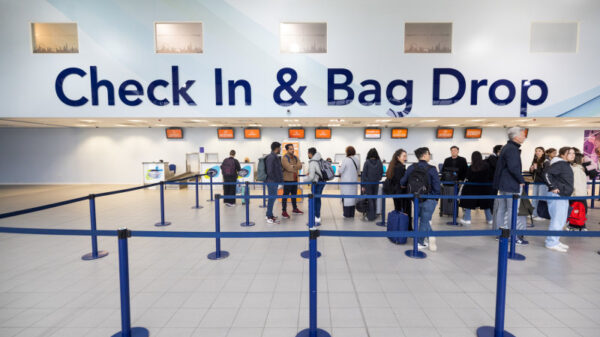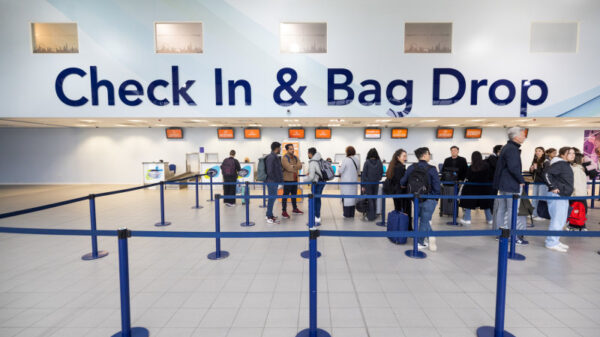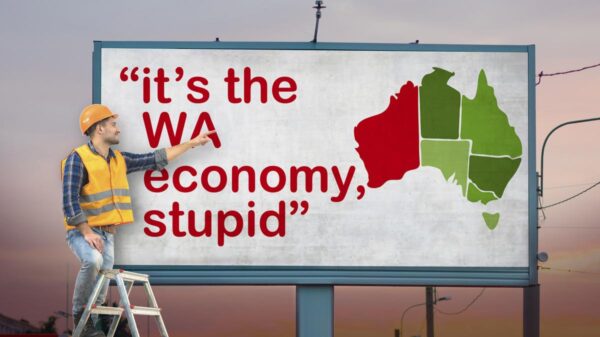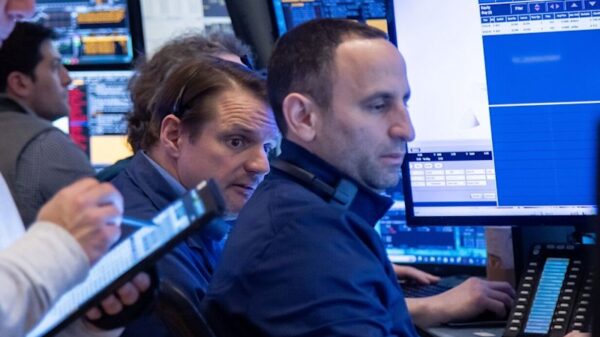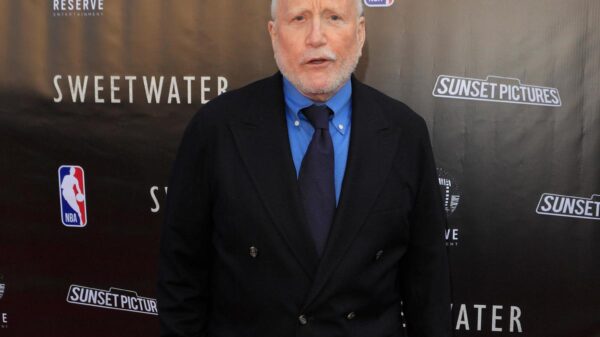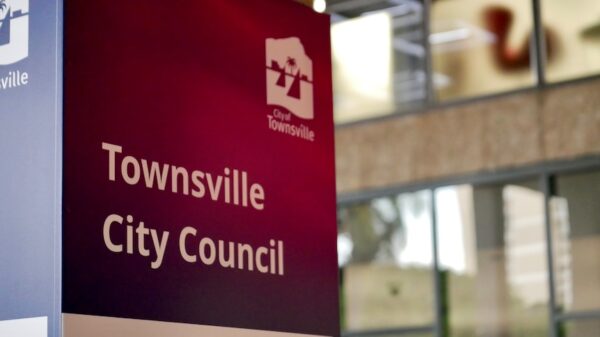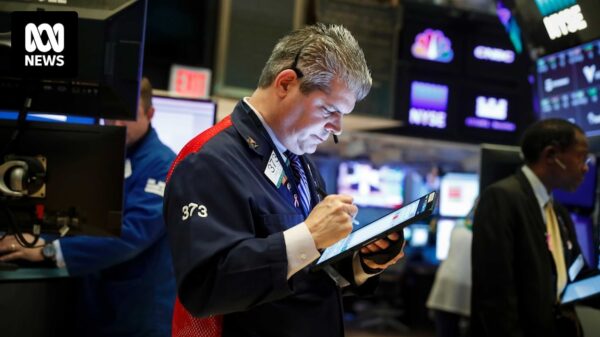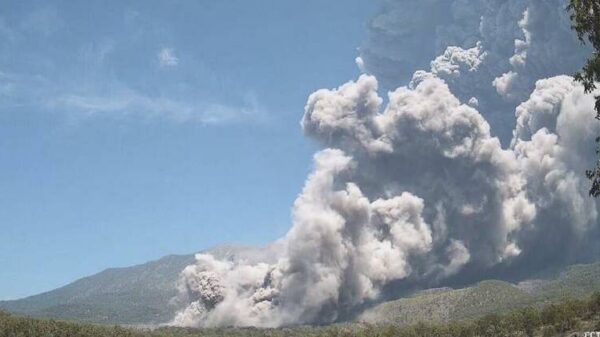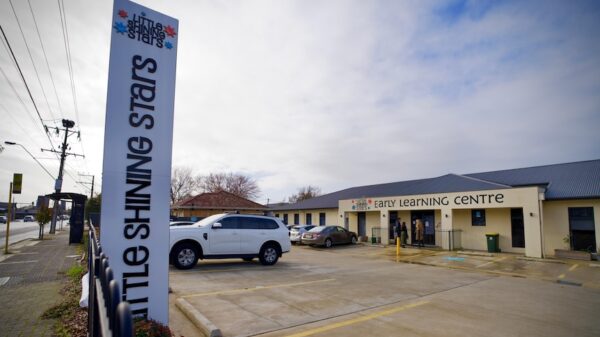Curbside trash collection in Philadelphia has been suspended since July 1, 2025, as the city grapples with a municipal workers’ strike that has entered its second week. The AFSCME District Council 33 union, representing approximately 9,000 blue-collar workers—including sanitation workers, 911 dispatchers, and city mechanics—continues to advocate for better wages and working conditions. As garbage piles up in neighborhoods, some residents have begun to refer to these collections as “Parker piles,” attributing blame to Mayor Cherelle Parker.
This strike is notable for its use of social media, which has played a pivotal role in shaping public perception and engagement. According to Francis Ryan, a professor of labor studies at Rutgers University and author of “AFSCME’s Philadelphia Story: Municipal Workers and Urban Power in Philadelphia in the Twentieth Century,” the current labor dispute marks a significant shift in how such strikes are conducted. The union has utilized platforms like Instagram to communicate its narrative and gather community support.
Historical Context of Sanitation Strikes in Philadelphia
Philadelphia has a long history of sanitation strikes dating back to March 1937, when a brief work stoppage prompted discussions between the city administration and an early iteration of the current union. In September 1938, following significant layoffs, city workers initiated a weeklong strike. Tensions escalated in West Philadelphia as strikers confronted police-escorted trash wagons attempting to collect garbage using replacement workers. The community rallied behind the strikers, leading to the formal recognition of AFSCME by the city.
This early strike was significant as it highlighted the potential for violence and health hazards resulting from garbage collection disruptions. While another two-week strike occurred in 1944, it would be over 20 years until the next major sanitation strike in the city. The landscape of labor disputes shifted dramatically in the 1960s, exemplified by the famous 1968 Memphis Sanitation Strike, where African American sanitation workers demanded better pay and working conditions. The support of Dr. Martin Luther King, Jr. during this period underscored the intersection of labor rights and civil rights.
Current Strike Dynamics and Community Support
The ongoing strike in Philadelphia is set against a backdrop of increasing community awareness surrounding essential workers, particularly in light of the COVID-19 pandemic. Many citizens now recognize the vital role these workers play and are questioning why they cannot afford basic living expenses. According to union president Greg Boulware, DC 33 members earn an average salary of $46,000 per year. This amount is approximately $2,000 less than what is needed for a single adult to live comfortably in Philadelphia, as indicated by MIT’s Living Wage Calculator.
Sanitation workers earn between $42,500 to $46,200 annually, translating to an hourly wage of $18 to $20. Comparatively, wages for similar positions in other major cities range from $21 an hour in Dallas to between $25 and $30 an hour in Chicago. This disparity contributes to the growing discontent among Philadelphia’s sanitation workers.
The role of social media in this current strike cannot be overstated. The personal stories shared by individuals like former sanitation worker Terrill Haigler, known as “Ya Fav Trashman,” have resonated with the public, fostering a sense of solidarity and support that has not been seen to this extent since at least 1938.
Ryan notes that if the strike persists, it is likely to garner national and international attention, prompting broader discussions on the treatment of workers in various sectors. With significant cuts to essential services being proposed at multiple governmental levels, the community’s awareness and engagement in labor issues may continue to grow.
In summary, as Philadelphia navigates this labor dispute, the interplay between history, community support, and social media dynamics is shaping the narrative of the ongoing sanitation strike. With the city’s waste management at a standstill, the implications of this strike extend far beyond local neighborhoods, highlighting the need for a reevaluation of labor rights in contemporary society.





